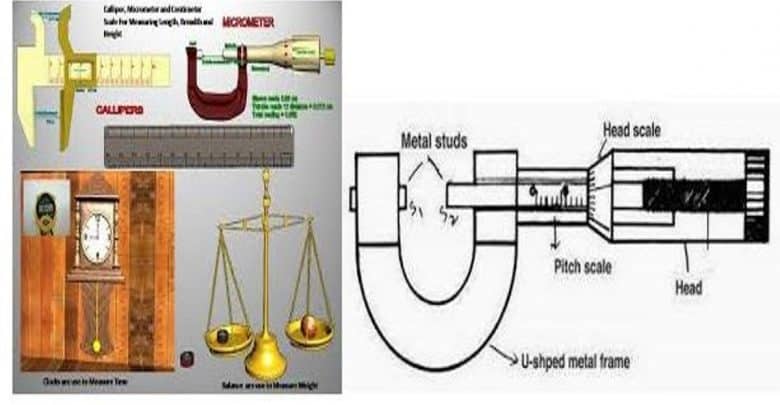How Pass Physics Practical In Any Exam

Physics as a subject or course has the practical and theory aspects in secondary school, high school, and tertiary institutions. So, in this piece, I have decided to write about how to do Physics practicals and pass any examination.
Firstly, you must understand that physics practical is about carrying out an experiment in the laboratory and using the result to plot a graph, thereby making inferences or calculations based on your result. Also, you must follow instructions to get accurate readings or measurements.
It is important to let you know that most of the physics experiments in any exam fall under three (3) categories: Mechanics, Optics, and Electricity. So, any questions you will be asked will fall under any of the above-mentioned categories.
Read: WAEC Physics Practical Questions and Answers
And not to waste much time given the background knowledge, I will quickly move to the main discussion.
Steps to take during Physics Practical
- Ensure you are on your Lab coat when entering the physics Laboratory
- Ensure you have all the apparatus needed to perform the experiment
- Read through the instructions to know what you are required to do
- Set up your apparatus as instructed
- Avoid all known errors in your specific experiment to get accurate results.
- If you have enough time, you can perform each iteration twice to ensure you are doing the right thing.
- Take notes when performing the experiment.
- Ensure your readings are to the required decimal places
Read: Common Laboratory Apparatus and their Uses
Success Tips
You must be familiar with a good number of experiments in physics and have practiced them before the exam. So this will help you prepare for the kind of experiment you might be given in either WAEC or NECO. Following the steps above is the first thing to do to pass physics practical.
Most of the time, you will be asked to answer two questions and ensure the time allotted for the exam is enough to perform the experiments, take your readings, plot your graphs correctly and neatly, and do other calculations required of you well.
Furthermore, before you arrive in the exam hall, ensure you have a good night’s sleep to keep you in a good frame of mind. Don’t get anxious when doing physics practicals because this might affect your results.
